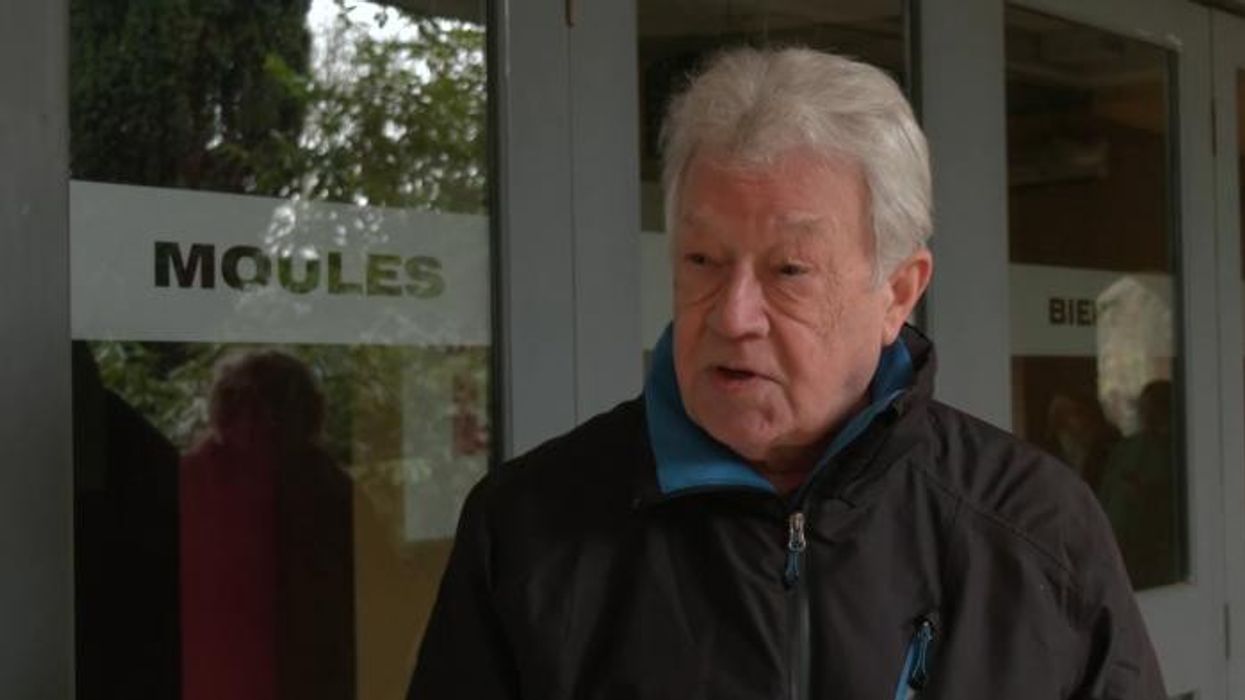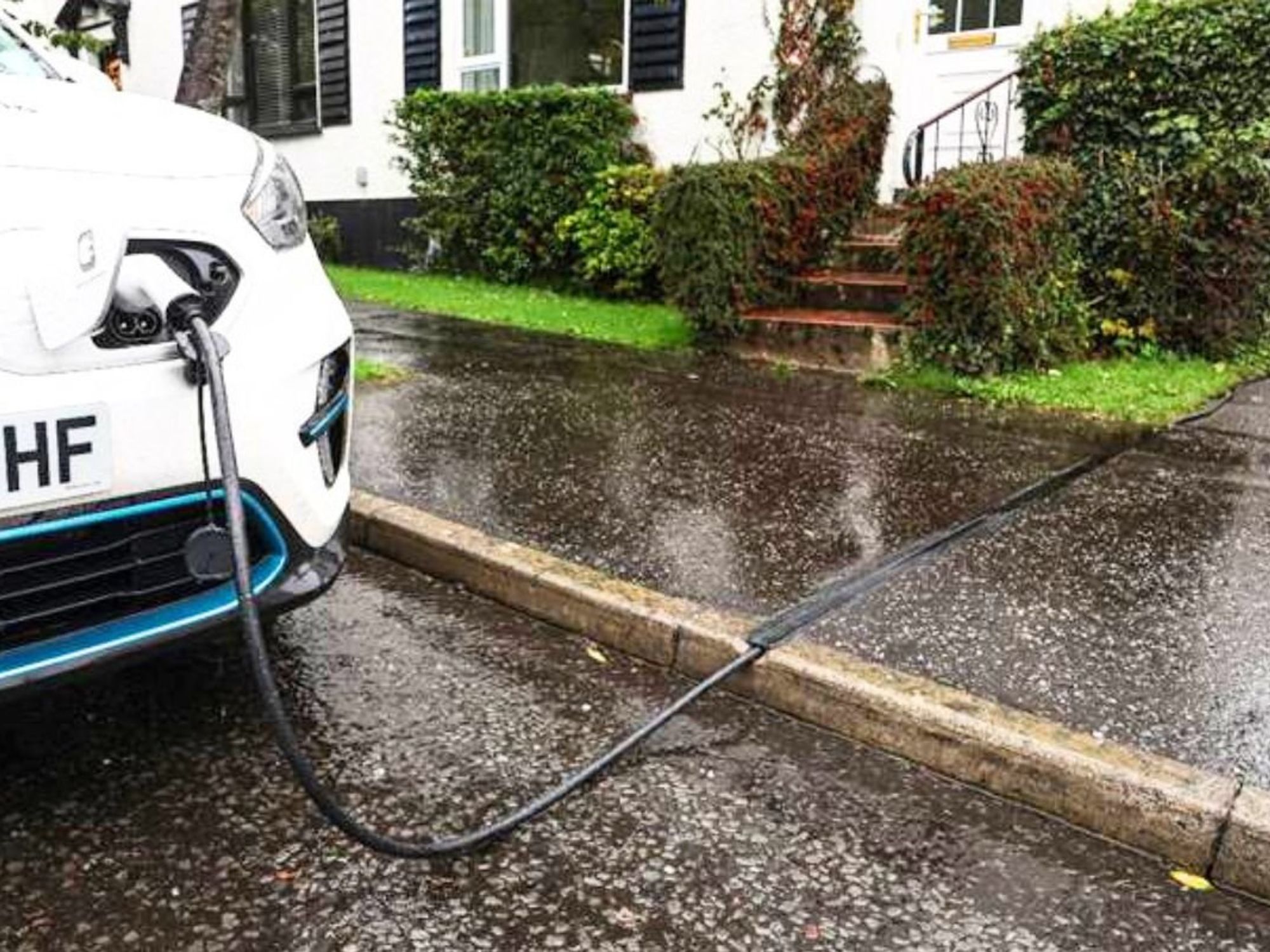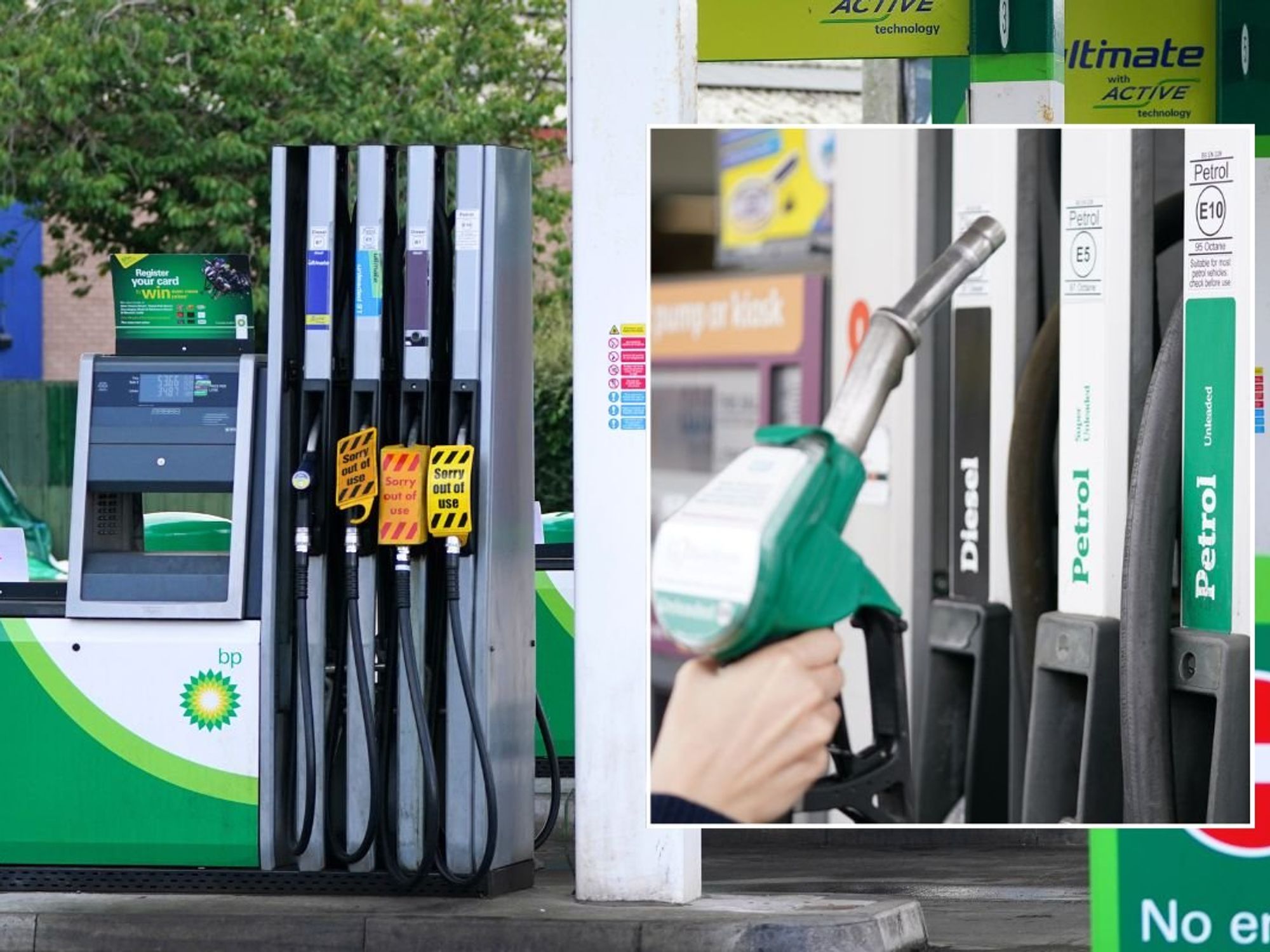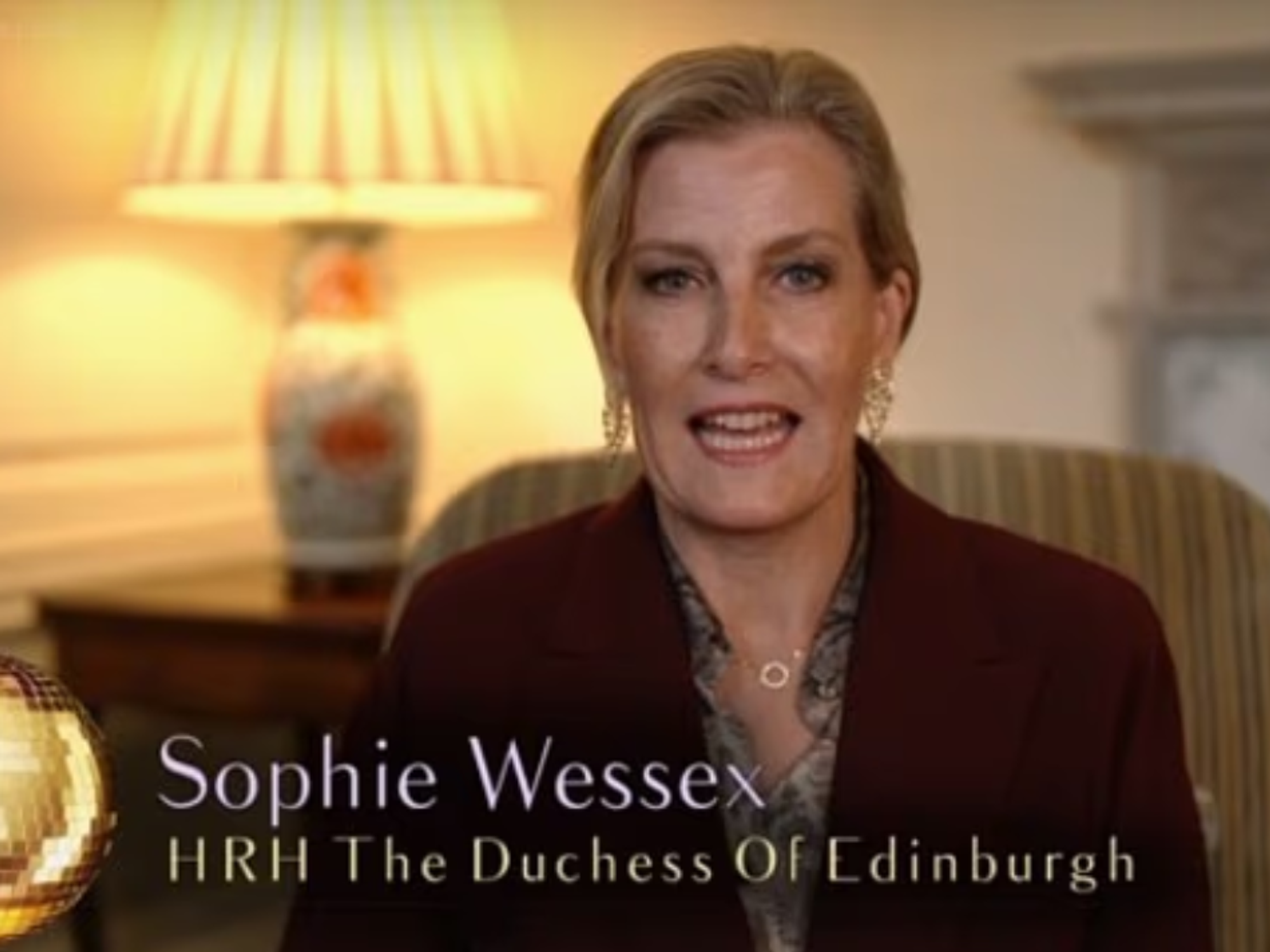'Do I need to pay back my late brother's pension and benefit payments to the DWP?' Jasmine Birtles replies
Money expert Jasmine Birtles answers your questions about pensions and DWP benefit payments
Don't Miss
Most Read
Have you got a pensions and retirement question you'd like Jasmine to answer? Get in touch by emailing money@gbnews.uk.
Question: "The estate of my late brother in law has been paid out fully by the executor who is also the solicitor. I thought this was the end of it until the executor/solicitor sent us a letter saying the Department for Work and Pensions (DWP) might be claiming some money back regarding pension payments, benefit payments etc.
"Should the executor have kept some money back for this eventuality and are the beneficiaries liable for the payments?"
It sounds to me like this executor should have known better. It’s one thing for a non-professional to make this sort of a mistake but it’s pretty poor to get it from a solicitor.
When I asked Jim Emsley. the founder of ELM Legal Services, if the executor should have kept some money back, said “the short answer is: yes.
"When dealing with an estate, large or small, it is always good practice to retain some of the money on file for a period of six months, for this exact reason. It is not the fault of the beneficiaries if someone comes knocking, so they should not be held accountable.
Do you have a money story you’d like to share? Get in touch by emailing money@gbnews.uk.
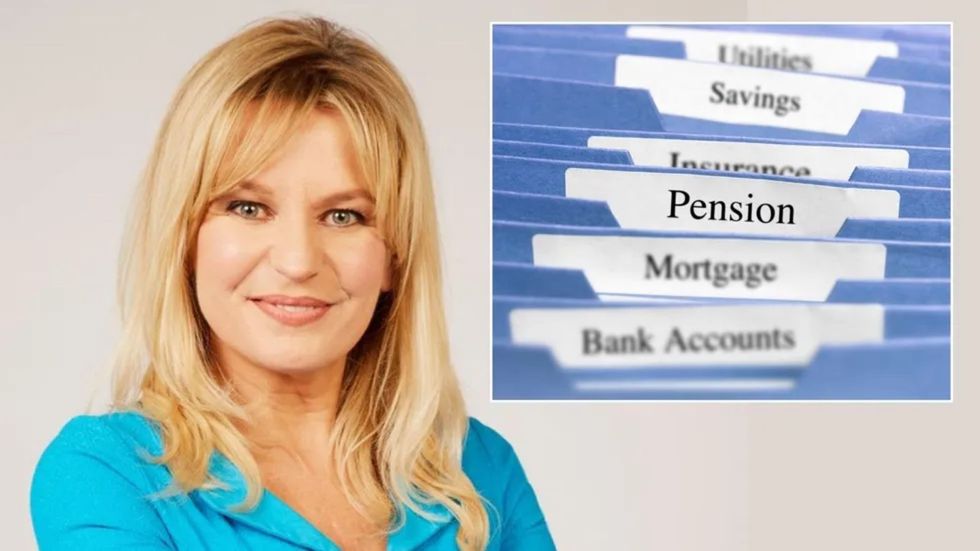 Jasmine Birtles answers questions from GB News members in the exclusive pensions and retirement Q&A | JASMINE BIRTLES | GETTY
Jasmine Birtles answers questions from GB News members in the exclusive pensions and retirement Q&A | JASMINE BIRTLES | GETTY“Any person, professional or not, who is acting as an executor, is liable for the funds. In this case, it means that the solicitor should pay the DWP. It is surprising to hear that they are looking anywhere else to recoup the money.”
So that’s good news for you! Emsley goes on to say: “Furthermore, the Department of Work & Pensions operates the 'Tell Us Once' service, which enables those reporting a death to tell multiple government agencies in one go.
"Exceptions to this service exist for those residing in Northern Ireland or permanently abroad. If the Department of Work & Pensions, then, have paid any amount into an estate after they have been notified via this procedure, then they have no legal right to reclaim any overpayments.
"However, managing this is the responsibility of the executor/solicitor, not the beneficiaries of the estate.”
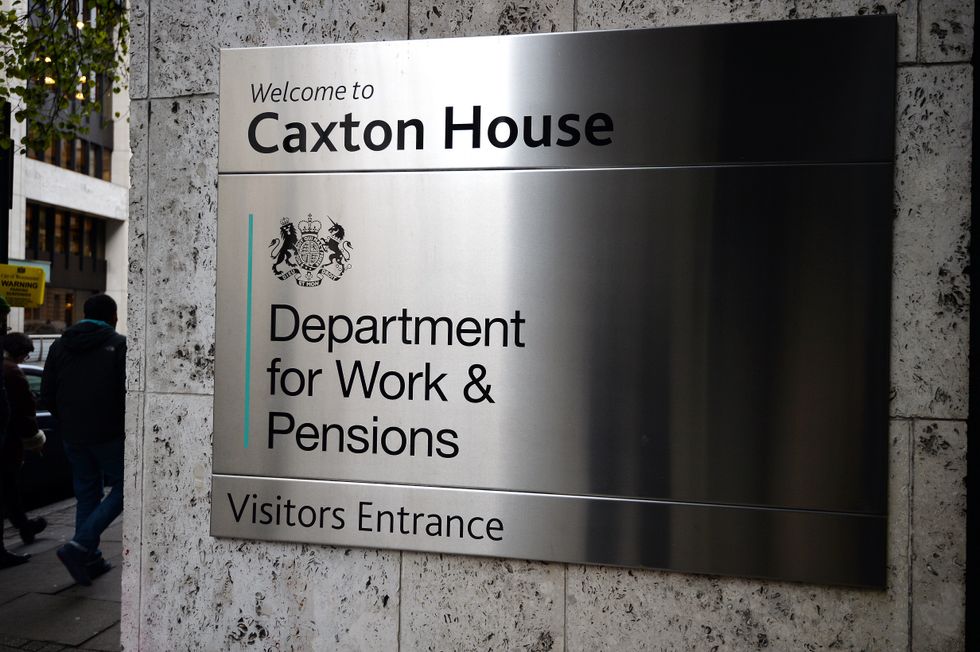
Do you need pay back money to the DWP?
| PAEmma McCann, a partner in Irwin Mitchell’s wills and probate team, agrees and gives this advice for executors of wills, whether they are professional or merely friends of the deceased.
“When acting as an executor in an estate, your main responsibility is to identify and manage the assets and liabilities of the deceased," McCann explained.
"This includes checking for any outstanding debts with the Department for Work and Pensions DWP for pension or benefit overpayments.
"You can verify this by reviewing the deceased’s bank statements and making direct enquiries with the DWP, which is advisable even if you don’t have immediate access to bank statements.
“At the outset, you should contact the DWP and other potential creditors to identify any known or unknown liabilities. For unknown liabilities, you can place Section 27 TrusteeAct (1925) notices in newspapers, which protect you from personal liability as an executor if no claims are made within the statutory period.
“It is crucial not to distribute the estate to beneficiaries until all liabilities are settled and be aware that if you distribute the estate prematurely, you could be personally liable for any debts that surface later.
LATEST DEVELOPMENTS:

Households have questions about the estates they have inherited
| GETTY"If you need to distribute funds before confirming all liabilities, you should either delay the distribution or retain sufficient funds to cover potential debts. Obtaining an indemnity from beneficiaries is an option, though not recommended.
“Both professional and non-professional executors must undertake these tasks, with a higher standard expected from professionals.
"Beneficiaries are not legally obligated to repay funds if the estate was mismanaged, but they may choose to do so out of moral obligation.”
So you can let this professional executor know that they didn’t do their job properly and that they are liable for this payment, not you.


